|
"Where flowers bloom, so does hope" - Lady Bird Johnson Spring has sprung! The flowers are blooming and propagating, with that comes lots of pollen! Pollen lets us know that nature is doing its thing, but what does this mean for those with pollen allergies? We do not have to suffer through this beautiful season, we can enjoy and embrace its beauty without the sniffles. Let's get into some natural pollen allergy remedies, so that everyone can enjoy the beauty of Spring while boosting our immune system! **Disclaimer: this information is not meant to cure any disease or ailment, consult your physician before making changes to your routine.*** Quick definition Seasonal Allergies or allergic rhinitis: caused by allergens in the air like pollen, dust, pet fur, and mold spores. It can cause symptoms such as sneezing, runny nose, and congestion from the body's production of histamines. Neti PotA Neti Pot is used in the process of nasal Irrigation or nasal rinse. A sterile saline solution is used to cleanse and flush the sinuses of any blockages, including pollen and debris. You can find the salt solution sold at local drug stores. It is recommended to boil water, then let it cool to room temperature or use distilled water to create the saline solution. DO NOT use regular tap water. In this research study of 200 participants, the participants noticed a significant decrease in 23 of the 30 allergy symptoms after using the neti pot twice a day for 6 weeks. There are many types of neti pots, from handheld to advanced electric types, but they all accomplish the same goal. In my experience, its slightly uncomfortable but it is so worth it! Here is a YouTube video of a pharmacist demonstrating how to use a neti pot. QuercetinAnyone else a former biology major who loved organic chemistry? Just me? Well, without getting all science-y let me tell you about this POWERHOUSE antioxidant. Quercetin is found in dark leafy greens, onions, green teas, berries, and other fruits and vegetables. As it relates to allergies, it is a bioflavonoid which controls the histamine production and release which reduces inflammation in nasal passages. It is recommended to load up on quercetin to prepare your body for allergy season. You can buy quercetin supplements over the counter or you can acquire it from your food. This study goes into a bit more detail regarding this amazing antioxidant. I love, love, love quercetin! ProbioticsThere is a close link between allergies and digestion. Much of the immune system is located in the gut and microbiome. Therefore, when we improve our gut health we also improve our immune health. As it relates directly to allergies, probiotics help strengthen the gut wall preventing leaky gut, that way pathogens and allergens cannot seep through. Additionally, probiotics encourage the production of T-cells which recognize and destroy the unfamiliar pathogens that enter the body. This review details why probiotics are considered a useful treatment for seasonal allergies. AcupunctureThough not as common in Western medicine, acupuncture as treatment for allergies has gained much attention. Acupuncture uses tiny needles to pinpoint trigger points and nerve endings in the skin, in sections called meridians. For allergy treatment, several meridians located on the front of the body may be targeted, including the lungs, colon, stomach, and spleen. These meridians are believed to circulate defensive qi, a type of energy linked to immunity. This review and analysis provides an in-depth view as to why acupuncture is considered effective in season allergy treatment. Vitamin DSupplementing your diet with sufficient vitamin D, could help with seasonal allergies. Though sunlight promotes some metabolism of vitamin D through the skin, it is best to supplement vitamin D by focusing on your diet. Foods high in vitamin D include salmon, herring, sardines, cod liver oil, mushrooms, egg yolks, spinach, kale, fortified foods, soybeans, liver, and okra. Of course, taking vitamin D2 ( synthesized from plant foods or mushrooms) or D3 (synthesized from fish, eggs, animal liver, or dairy products) supplements along with calcium supplements is always a plus. Here's an article from Yale School of Medicine debunking vitamin D and a study found vitamin D to prevent and treat seasonal allergies. I also found this review about the role of vitamin D in respiratory allergies interesting. Tulsi TeaTulsi, also known as holy basil and native to India, easily grows in family gardens. When dried, it makes a beautifully delicious herb tea perfect to combat seasonal allergies. In Ayurveda, it is considered the "elixir of life" and is packed with antioxidants and has a plethora of antimicrobial and other protective properties. You can also take it in capsule or tincture form. Tulsi tea is best consumed on an empty stomach. Read more about Tulsi here. Other honorable mentions: butterbur extract and bee pollen show promising effects in preventing seasonal allergies; however, the evidence supporting these measures are still preliminary. That's all for now. ☺️ Boosting your immune system before allergy season is always the best way to go. Of course, this list is not the end-all, be-all. If you have a routine that works for you, that is okay too. If you know any other natural remedies for seasonal allergies that have helped you, comment below! Hopefully this information helps you all to enjoy botanical gardens and other outdoorsy events during the spring season. Till Next Time, Chérie Jade
0 Comments
Leave a Reply. |
AuthorHello world! I am Chérie Jade, I am passionate about promoting a holistic lifestyle and encouraging preventative practices for day to day healthy living. Archives
April 2023
Categories |
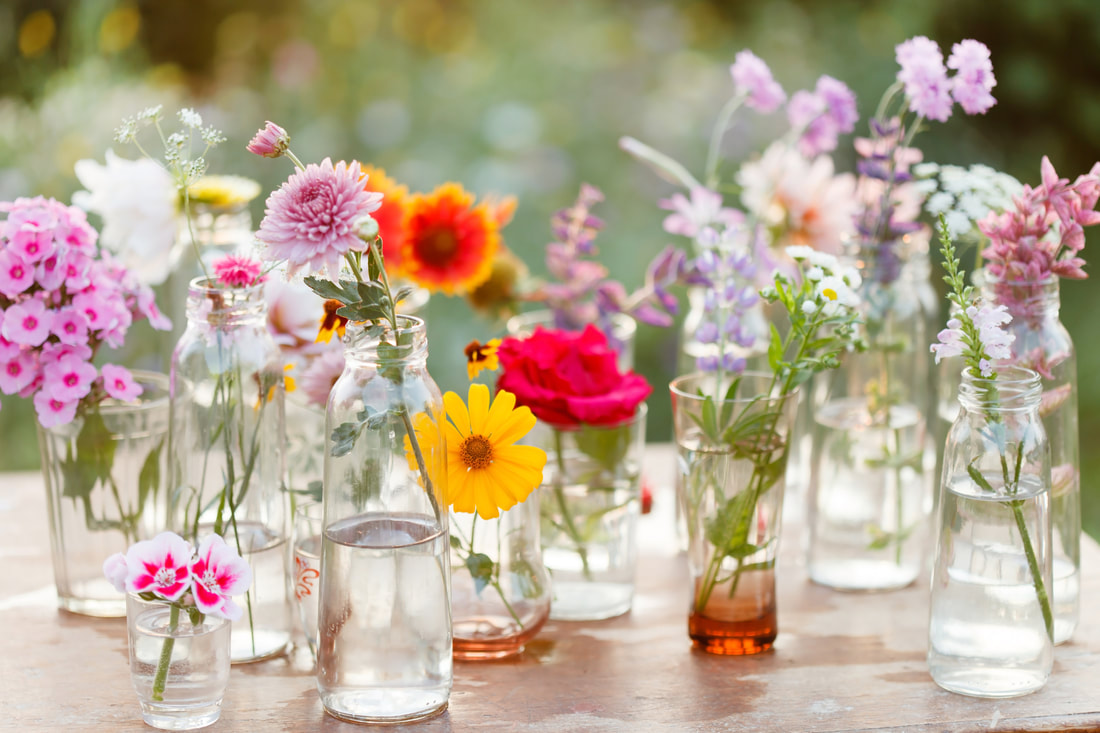

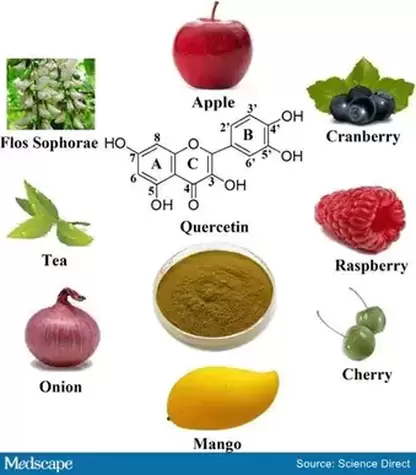

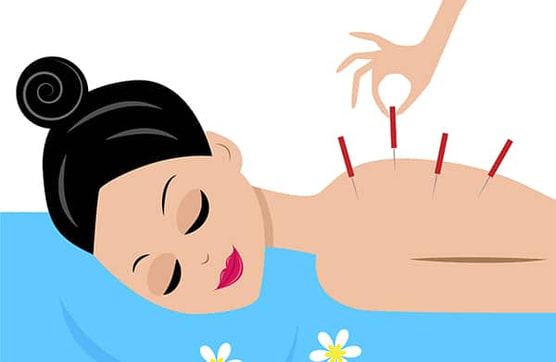

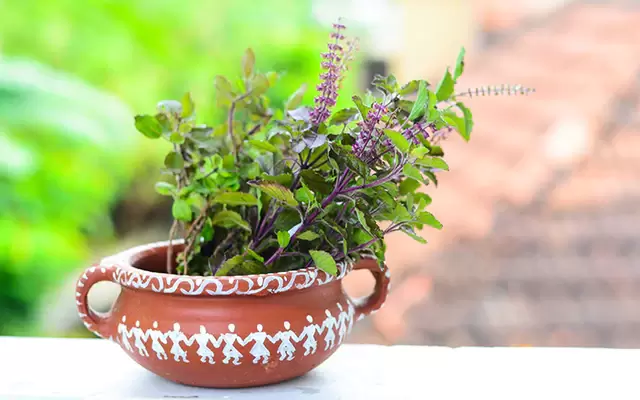
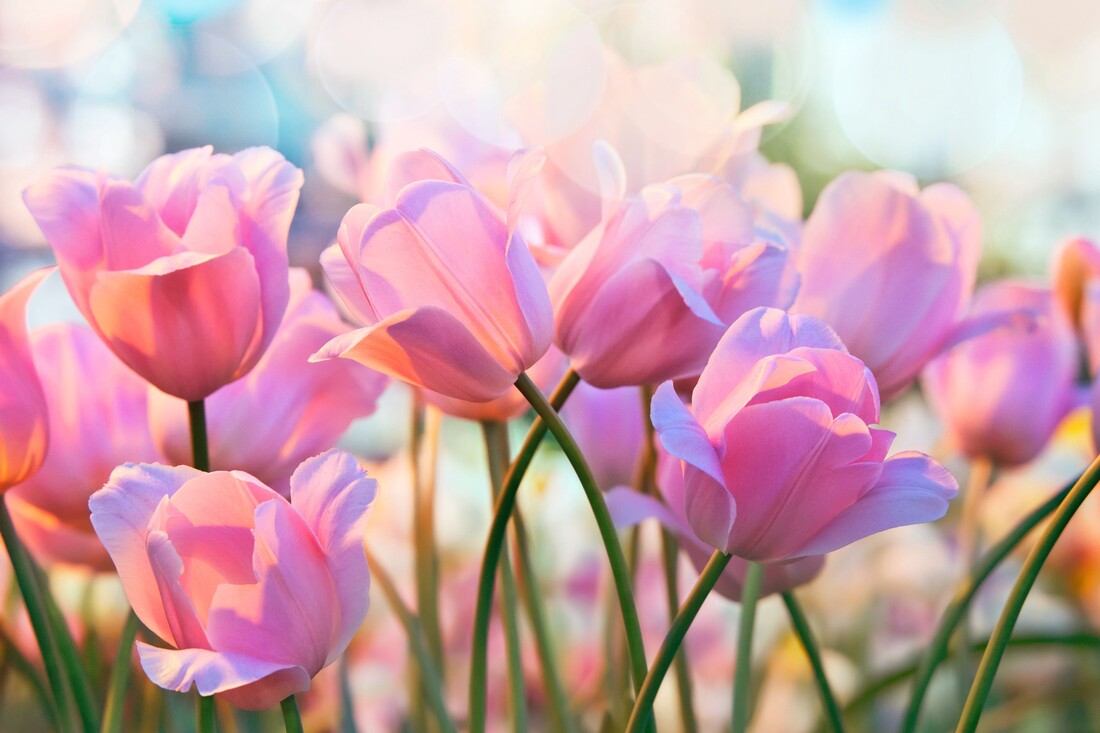
 RSS Feed
RSS Feed